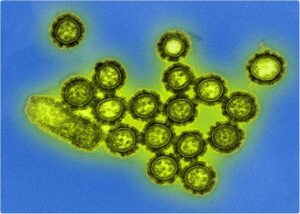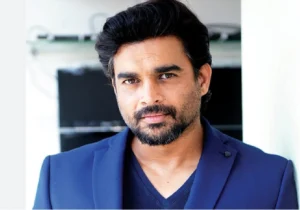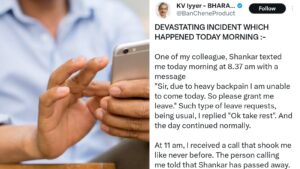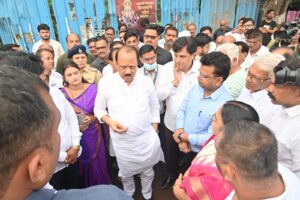Navjot Singh Sidhu’s Video on Wife’s Cancer Recovery Sparks Tata Memorial Experts’ Warning Against Unproven Remedies
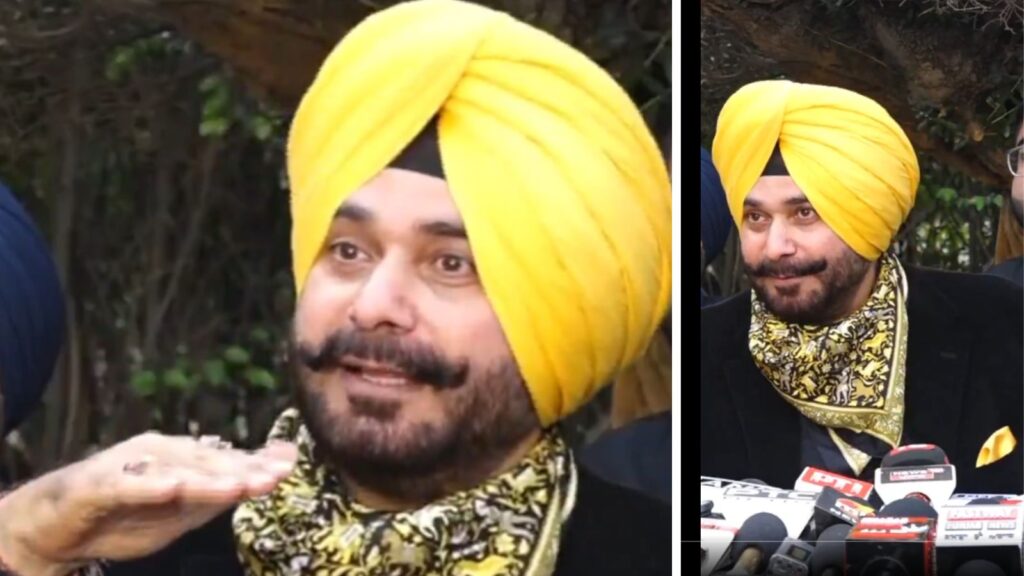
Navjot Singh Sidhu's Video on Wife's Cancer Recovery Sparks Tata Memorial Experts' Warning Against Unproven Remedies
Oncologists emphasize the importance of evidence-based treatments while addressing misinformation about alternative therapies.
In the wake of a viral video by Navjot Singh Sidhu detailing his wife Navjot Kaur Sidhu’s recovery from Stage IV cancer, oncologists from Tata Memorial Hospital have issued a statement cautioning the public against claims of unproven remedies. Sidhu attributed part of his wife’s recovery to a strict diet and lifestyle changes, but medical experts insist her cancer-free status was achieved through evidence-based treatments such as surgery and chemotherapy.
PSA: Please don't believe and get fooled by these statements regardless of who it comes from. These are unscientific and baseless recommendations. She got surgery and chemotherapy that were evidence based which is what made her 🤞cancer-free. Not the haldi, neem etc pic.twitter.com/7gDgN1TzZ8
— Pramesh CS (@cspramesh) November 22, 2024
Dr. Pramesh CS, Director of Tata Memorial Hospital and Head of Thoracic Surgery, shared a public statement signed by 262 current and former oncologists from the institution. The statement clarified that Navjot Kaur Sidhu’s recovery was due to proven medical interventions, urging people not to be misled by claims of alternative cures.
Pramesh emphasized, “Her cancer was treated through evidence-based surgery and chemotherapy, not turmeric, neem, or any other unscientific remedies. Please consult qualified specialists for cancer treatment and avoid delaying medical care due to baseless claims.”
In his video, Sidhu shared details of his wife’s recovery, blending discussions about disciplined lifestyle changes with her medical treatments:
• Navjot Kaur underwent treatment at Government Rajendra Medical College, Patiala, and other government hospitals, with costs amounting to a few lakhs.
• Sidhu shared, “She had only a 3% chance of survival but remained disciplined and hopeful.”
Lifestyle and Dietary Changes Advocated by Sidhu
While Sidhu highlighted the role of resilience and a disciplined lifestyle in Navjot Kaur’s recovery, experts have pointed out that such measures can complement—not replace—medical treatment. Here are some of the lifestyle changes he mentioned:
• Morning Routine: Starting the day with lemon water and neem leaves.
• Diet: Inclusion of turmeric, pomegranate, pumpkin, amla, and berries. Meals were cooked using coconut oil or cold-pressed oils, with an emphasis on spices like cinnamon and black pepper.
• Meal Timing: Practiced intermittent fasting, with the last meal at 6:30 pm and the first at 10:30 am.
• Carb-Free Dinners: Avoided wheat and rice in the evenings, opting for quinoa instead.
• Hydration: Consumed water with a pH level of 7.
Sidhu credited these practices, saying, “Discipline—not wealth—helped her fight cancer.”
Medical Experts Urge Caution
The viral video sparked a debate on social media about the role of diet and lifestyle in cancer recovery. Experts from Tata Memorial Hospital clarified:
• While research on certain natural products like turmeric and neem is ongoing, there is no clinical evidence to support their use as standalone cancer cures.
• Oncologists reiterated that proven treatments, including surgery, radiation, and chemotherapy, remain the cornerstones of cancer care.
The video has triggered mixed reactions:
- • Some lauded Navjot Kaur’s resilience and discipline, viewing her story as inspirational.
- • Others criticized Sidhu for potentially misleading the public with claims about unproven remedies.
- • Experts have urged the public to rely on evidence-based medicine for life-threatening illnesses.
While Navjot Kaur’s journey is a testament to hope and resilience, her case underscores the necessity of medical treatments in combating cancer. Oncologists emphasize that lifestyle changes can support recovery but cannot replace proven interventions. The public is advised to consult qualified specialists and prioritize timely medical care over unverified alternative therapies.





